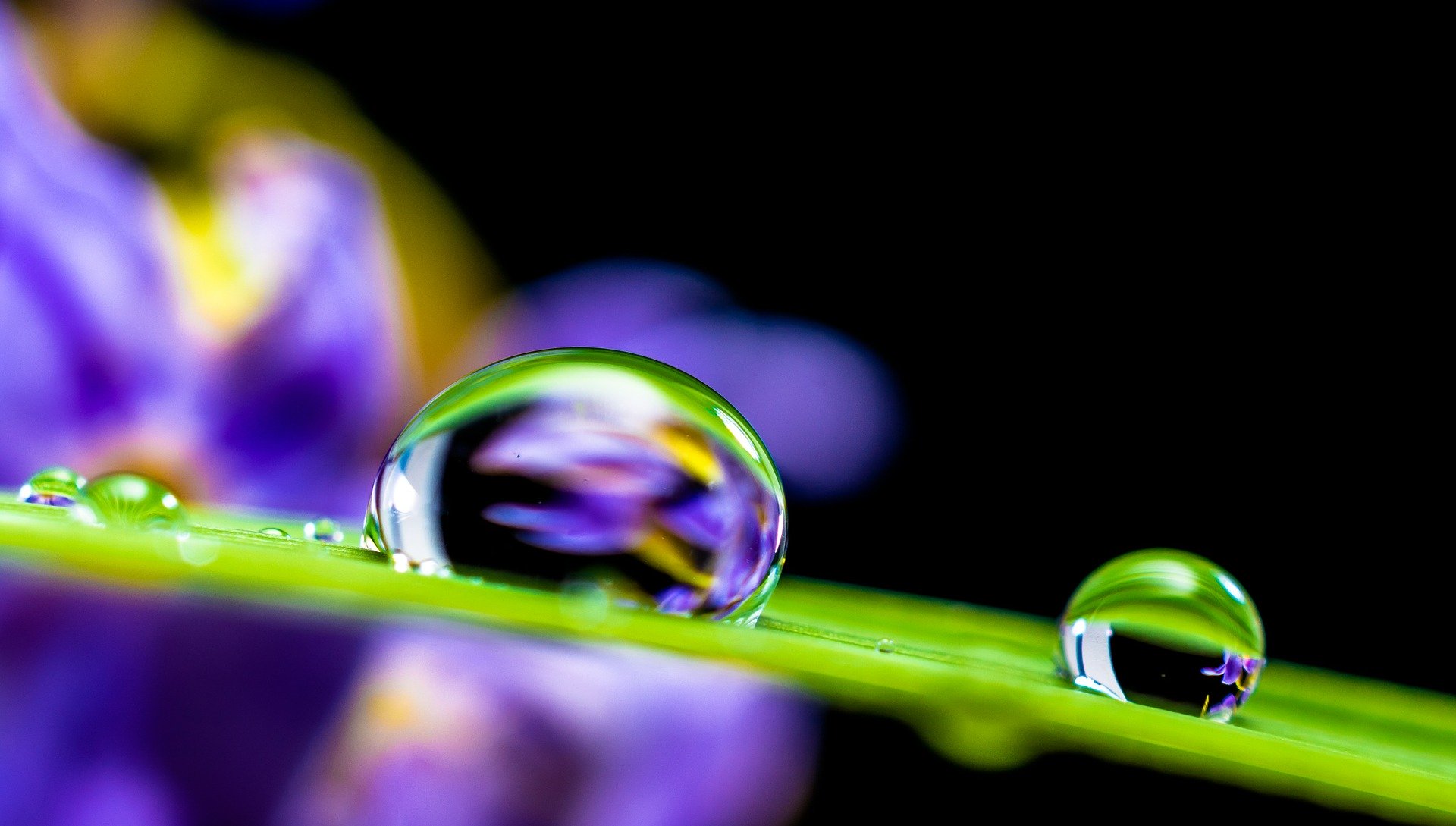Taoism
Taoism is by far the most mystical of all the non-theistic philosophies because it is founded on the principals of inaction and Yin Yang. The universe is held together by two opposing forces that are like 2 sides of a coin. They both exist by definition of their opposite (Action/Inaction, Full/Empty, Being/Not Being) – without each the other has no relative existence.
I can see you are probably wondering how that helps us humans.
Water is the favourite thing to Taoists because, although it is the softest and will occupy and can fill the lowest of places, it can break down the hardest of things. Water has the power to destroy mountains. Taoist cultivate “The Way” – an existence of non-action similar to water, based on ultimate humility and living lightly. How can one be like the heavens and planets, who exert enormous power and influence over all of us, yet do not aspire or try – they simply ‘be’? They, like us, are locked in an eternal dance, the design of which is a mystery, but are ultimately guided through hidden understandings and imperatives in ways that affect everything.
Should we choose the way, we learn to live in a manner that does not add any karma to the world, an emotional simplicity where we listen to our most inner signals, and not our ego mind. Apart from advanced Zen practitioners, there are few that impact the world as little as the Taoists.
How different is this to the Western model of competition and ‘putting oneself about’.
History
A Taoist follows the teachings of Lao Tzu, a monk and scholar who is thought to have lived in the 6th and 5th Centuries BCE at the time of Confucious (K’ung Fu-tzu). The story goes that when he tired of advising the court only to watch it continue to descend into decay, he left the province and, as he was leaving, the gatekeeper asked for his teachings so he could continue on ‘The Path’. In reply Lao Tzu wrote the Tao Te Ching, a book of cryptic poems that is the basis for all Taoism. The other main work is the Chang Tzu – a very different type of writing but also one of the most important Taoist text.
Taoists observe nature and other beings and have noted that all beings are playful – therefore it is in our nature to be ‘impish’. Many populist Christians have noted that God has a sense of humour – it is thought that in play we are our true authentic selves. This is in distinct contrast to the idea that living lightly means being miserable. When I travelled through South East Asia, I often found the people with the least laughed the most.
The Tao Te Ching advises on business, war, harmonious living with others, and could be said to be the antithesis of ego, “The Sage does nothing yet achieves everything, taking no credit for his achievements.” (paraphrased).
Here are some Taoist sayings that might help you get an idea.
“The more useful you are, the more likely you are to be used up.” “The straighter the tree, the more likely is is to be chopped down.” “The more you have, the more you have to worry about.” “The more things you do, the more things you are likely to do wrong.” But they are no soft touches. This is one of theirs. “Nature is ruthless. The Sage is ruthless.”
It sounds like they want to do nothing but be grumpy. This is far from the reality. The point being made is everybody has a spiritual contract, a ‘thing’ like the planets above. We have been marketed the idea that we can do anything, and we can….but should we? How far does this take us from our true selves? Walking the path is being true to ourselves.
